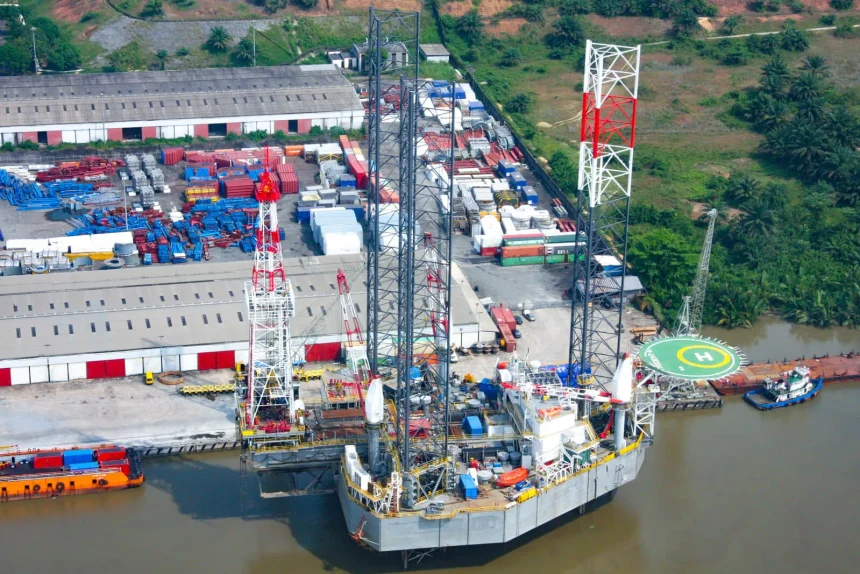The Manufacturers Association of Nigeria has requested that the management of the Nigerian Ports Authority make provisions for more waivers to enable them make proper use of the Calabar port.
The appeal came in on Wednesday after the leaders of the association paid a familiarization visit to their facility as a way of bolstering closer relationship and collaboration with the workers in Calabar.
Usen Umoh, who is the acting chairman of Cross River and Akwa Ibom branch of MAN, stated that they were many manufacturers in both states who were willing to make maximum use of the services at the Calabar port.
He mentioned that since the port has become very functional, there would be need for manufacturers to undertake tedious journeys to Onne Port which is located in Rivers State, and the Badagry Port in Lagos State for the exportation and receiving their goods, especially given the poor road conditions.
He said, “We are very happy to note that the Calabar Port, which is nearby, has since become functional and active
“There has been an increasing number of our members who have realised this and are patronising the port. We appeal to the management of Calabar Port to grant our members more waivers on our export-bound goods.
“We also want to take full advantage of the 180-day window granted to local manufacturers to export their goods and also import through the Calabar Port instead of Lagos or Onne ports,” Umoh disclosed.
The Calabar port legal officer, Barrister Ekanem Bassey, who stood in for the the Port Manager, Olumati Festus, at the interface, welcomed the MAN delegation.
She clarified that Calabar Port has become very functional, adding that the ocean-going vessels conveying bulk cargo, dry and wet, and general cargoes arriving at Calabar Port are significant.
Bassey further stated that 16 to 18 big sized ships of up to 190 LOA capacity now berth at the port every month.
“But regretfully, many manufacturers still prefer, in ignorance, to pass through so much stress to move their goods through either Onne or Lagos ports.
“We give lots of concessions and waivers to exporters and importers at the port as a way of discouraging them from incurring huge expenses and stress at other distant ports,” she said.
She further revealed that they are automated and have three terminals, adding that the issue of dredging has been sorted out.
Albert Alaleye, the traffic manager, also spoke and revealed that they had met with companies that import and export in both states to educate them about the port’s operation.
Alaleye revealed that vessels from the Calabar Port supply neighboring nations such as Cameroon, Gabon, and Equatorial Guinea, as well as the Adamawa/Taraba/Borno axis.
But because of the tide, he continued, they prefer flat-bottom boats, and they have equipment that can handle a wide variety of cargo.




